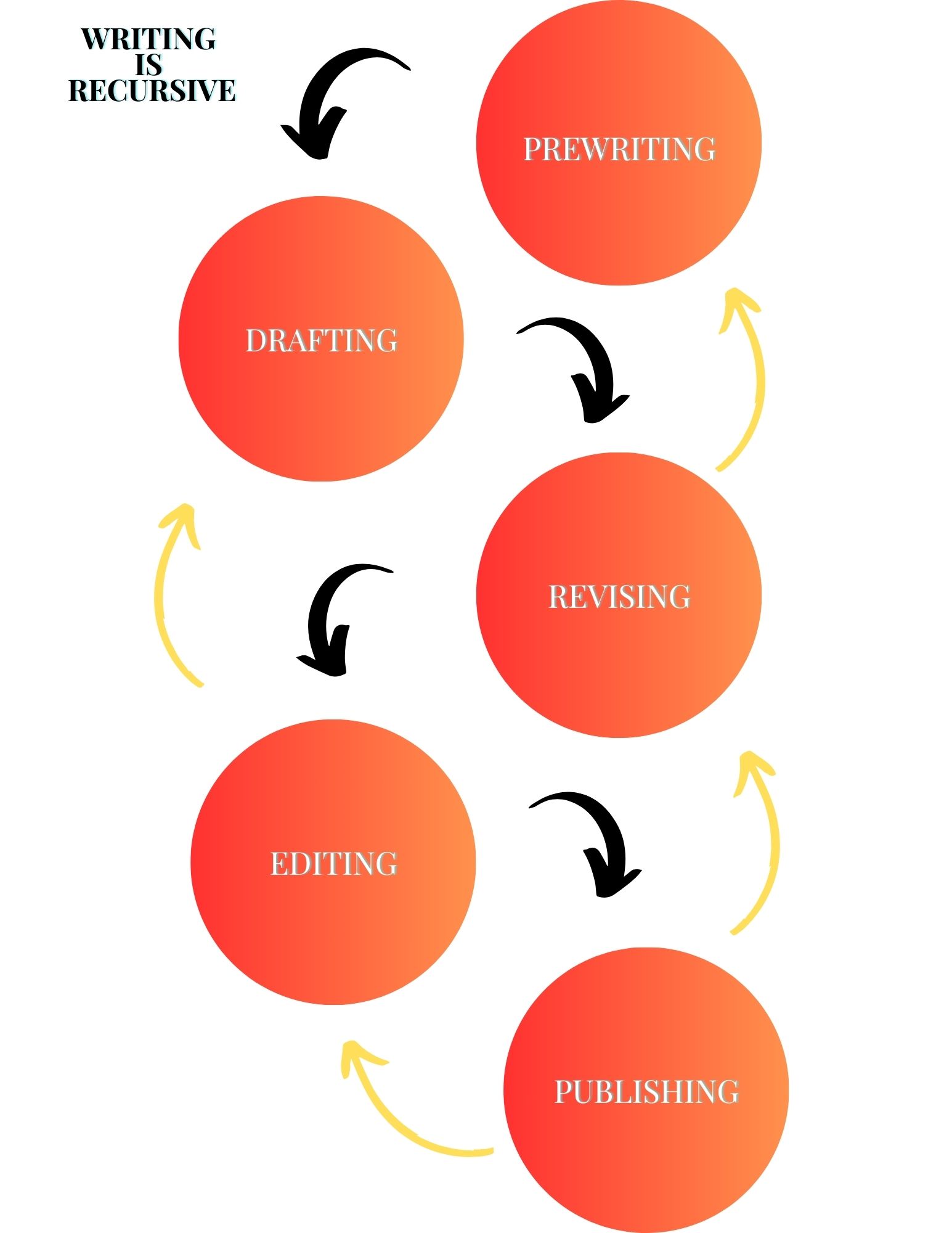As Oscar Wilde state: “Arguments are to be avoided, they are always vulgar and often convincing.”
In rhetorical practice (and writing), there are a lot of considerations. From the rhetorical triangle to the rhetorical canon, from procatalepsis to polemics. Nevertheless, these considerations are important for writers, whether they are consciously making rhetorical decisions or not.
Today, we look at the term “polemic” (po-lem-ick) to better understand how to recognize and utilize this argumentative form, and how to apply this understanding to our own writing.
Denotation
Dictionary definitions define polemics as “an aggressive attack on or refutation of the opinions” of the ideologies of others. Equally, some dictionaries define “polemics” as “a very strong written or spoken attack on, or defense of, a particular belief or opinion” (Collins).
While being kind, both dictionaries are side-stepping the controversial nature of a polemic as the use of “aggressive” and “very strong” imply that the individual writing or arguing is an ardent, emotional person.
Additionally, the term comes from the Greek “polemikos,” which means “’warlike’ or ‘hostile’” according to some sources (Merriam-Webster).
Additional consideration
The best way I can think of it is as an argumentative essay with a little bit more umph. Pathos, and emotional appeal in rhetoric, is the usage of emotion to make a point, and polemics rely on using the reader’s emotions to make that point.
In some of the upcoming examples, the authors put pathos to work to make their points known, whether they be ardent supporters of the wrongfully accused or proposals for a better standard of living.
Examples
Polemical examples are far-stretching. Emile Zola’s J’Accuse could be considered a polemic as it fits within the definition of an ardent “refutation of opinions,” and, in this case, Zola used his stature as a writer to speak-out against the treasonous accusations against a Jewish officer. The refutation against antisemitism in Zola’s letter, combined with the judicial errors made by the court, create a polemical response.
Likewise, “A Modest Proposal” by Jonathan Swift is another famous example of a polemic, regardless of its satirical elements, as it displays an “aggressive” argument against British treatment of the Irish. Swift felt very emotionally about the topic and so the biting wit of his essay comes out a lot stronger than if he had felt emotionally tepid.
Lastly, Animal Liberation by philosopher Peter Singer provides a fervent disagreement with dietary choices in modern culture and the ramifications of those choices, from pollution to health, and its impact on our environment and the lives of sentient beings. Singer has spent many years arguing and defending his controversial takes on animal treatment, thus Animal Liberation is a “forceful” argument against factory farming and the sentience of creatures on Earth.
How to use polemics in your own writing
When thinking about using polemics in your own writing, writers must be careful. It is very easy to be passionate about something, but it is even more difficult to be passionate and correct. Discourse is difficult because it requires writers to take time to research and craft their arguments carefully, while keeping refutation in mind.
Some things to be considerate of:
- Is your position clear (stated and structured)?
- Have you researched your position clearly (academically)?
- Is your position clearly passionate, using passionate language?
- Are you asking a lot of rhetorical questions?
- Have you considered what the opposition might say?
- Are you using a “call to action” to compel the reader?
Conclusion
To sum it up, the most successful modern dialogues seem to be those that address an issue from a polemical perspective. It is either passionate or it is muted. It is either fervent or lame. In this way, polemical discourse dominates our perspectives. Not to mention, we see polemics every day on our phones from friends, families, complete strangers, public relations specialists, and leaders of the world. Polemical dialogue is a go-to form of argument.
Remember, polemics are about the fervent argumentation of one’s opinions. You can see these arguments in famous writers’ works, such as Jonathan Swift and Peter Singer. Lastly, you can ask yourself basic questions to employ these practices in your writings.
Works Cited
“Polemic.” Merriam-Webster. Accessed on May 4, 2023. Web: https://www.merriam-webster.com/dictionary/polemic
“Polemic.” Collins. Accessed on May 4, 2023. Web: https://www.collinsdictionary.com/us/dictionary/english/polemic







